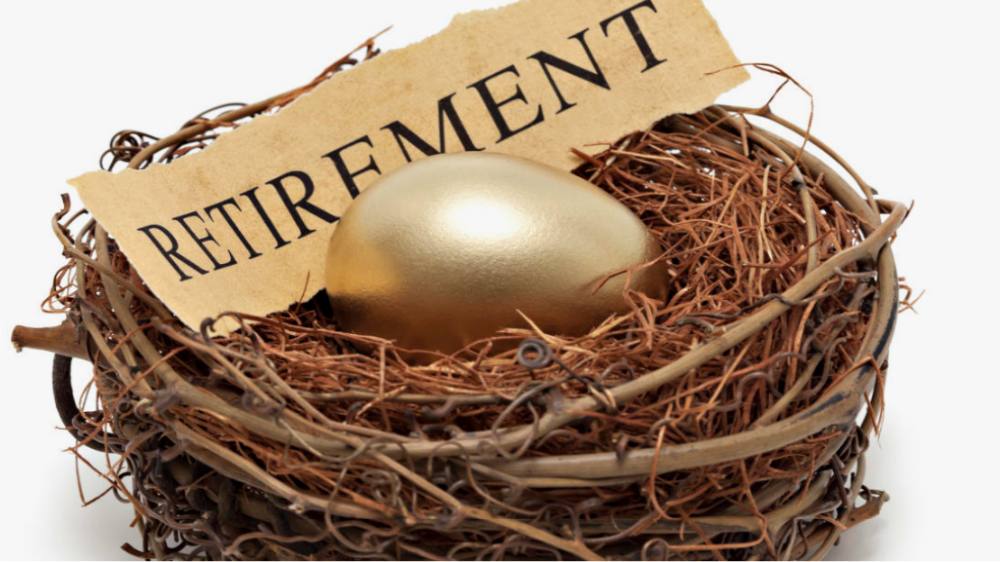Introduction
Picture this: You’ve spent decades working, saving, and dreaming of a comfortable retirement. You finally step into your golden years, ready to enjoy life. But a decade into retirement, you start worrying—is my money running out too fast?
Here’s the thing: Many people think once they retire, their pension fund will magically sustain them without much effort. Wrong! Managing your pension isn’t just about saving—it’s also about spending smartly, investing wisely, and making adjustments along the way.
Retirement is like a road trip. You wouldn’t just start driving without checking the gas gauge, planning rest stops, or budgeting for food, right? Similarly, your pension needs constant attention, adjustments, and—dare I say it—a bit of creativity.
So, let’s dive into how you can make your pension work for you, ensuring that you not only have enough to last but also enjoy the journey along the way.

Spending Smart: How to Make Your Pension Last Longer
Think of your pension as a pie. If you eat too much too soon, you’ll run out before you know it. On the flip side, if you take only tiny bites, you might not enjoy it as much as you could. The key is balance.
The 4% Rule: Friend or Foe?
One common strategy is the 4% withdrawal rule, which suggests withdrawing 4% of your retirement savings each year to make your funds last at least 30 years. It’s a decent rule of thumb, but it doesn’t account for inflation, market downturns, or unexpected expenses.
Instead, consider:
Flexible Withdrawals – Adjust based on market performance. If your investments are doing well, take out a little more. If the market is down, tighten your belt for a year.
Buckets Strategy – Divide your pension into short-term, medium-term, and long-term funds. Keep a portion in cash or bonds for easy access and invest the rest for long-term growth.
Essential vs. Discretionary Spending – Prioritize necessities like housing and healthcare while keeping luxuries (hello, cruise vacations!) as a flexible category.

The Investment Game Doesn’t End at Retirement
A common mistake? Playing it too safe. Many retirees shift all their investments to low-risk assets like bonds, thinking stocks are too risky. But here’s the catch—inflation can erode your savings faster than you think.
The Right Mix of Investments
Instead of dumping everything into bonds, consider a mix:
Stocks (20-50%) – Long-term growth, helps fight inflation.
Bonds (30-60%) – Stable income, lower risk.
Cash & Short-Term Investments (10-20%) – For immediate needs and emergencies.
Why Inflation is the Silent Killer
Let’s say you retire with $500,000, and inflation averages 3% per year. In 10 years, your money will be worth almost 30% less in purchasing power! Investing wisely keeps your money growing, so you don’t end up eating canned beans in your 80s.
Healthcare Costs: The Expense You Can’t Ignore
If there’s one thing that can wreck even the best-laid pension plans, it’s medical expenses. Healthcare costs tend to rise faster than inflation, and most people underestimate how much they’ll actually need.
How to Prepare for Healthcare Costs
Get Insurance Early – If private healthcare is an option, lock in a good plan before premiums skyrocket with age.
Consider a Health Savings Account (HSA) – If available, an HSA can be a tax-efficient way to save for medical costs.
Set Aside an Emergency Fund – Expect unexpected medical bills, from dental work to long-term care.
Being proactive rather than reactive with healthcare costs can save you tens (or even hundreds) of thousands of dollars down the road.

Taxes: Don’t Let the Government Take More Than It Should
You know the saying: Nothing is certain except death and taxes. And unfortunately, even in retirement, taxes don’t disappear.
Here’s how to keep Uncle Sam from eating too much of your pie:
Understand Your Tax Bracket – Some pension withdrawals are taxable. Plan withdrawals smartly to avoid jumping into a higher tax bracket.
Roth vs. Traditional Accounts – Roth accounts (if applicable) allow tax-free withdrawals, which can be a great way to minimize taxable income in retirement.
Withdrawal Strategy Matters – Prioritize drawing from taxable accounts first, then tax-deferred accounts, and finally, tax-free accounts to optimize your tax bill.
Pro tip: Work with a tax advisor to create a strategy that legally minimizes your tax burden. Every dollar saved is a dollar that stays in your pocket.
The Social Side of Retirement
Okay, let’s switch gears for a second. We’ve talked a lot about numbers, but let’s be real—retirement isn’t just about money. It’s also about how you spend your time.
Many retirees underestimate the importance of staying engaged. Studies show that retirees who stay active, maintain friendships, and find meaningful activities tend to live longer, healthier, and happier lives.
Tips to Stay Happy in Retirement
Find a Hobby or Passion – Whether it’s painting, volunteering, or starting a small business, having a purpose keeps life exciting.
Socialize Regularly – Isolation is a big problem among retirees. Stay connected with friends, join clubs, or even try senior travel groups.
Keep Learning – Take online courses, read books, or explore a new skill. Lifelong learning keeps your brain sharp.
Remember, financial security is only part of a fulfilling retirement. The rest comes from how you use your time.

Conclusion
Managing your pension isn’t about hoarding every penny—it’s about spending wisely, investing intelligently, and preparing for the unexpected.
Withdraw strategically to make your money last.
Keep investing to fight inflation.
Plan for healthcare and taxes to avoid unpleasant surprises.
Stay socially and mentally active to truly enjoy retirement.
Retirement isn’t the end—it’s the beginning of a new adventure. And with smart pension management, you’ll have the freedom to make the most of it.

